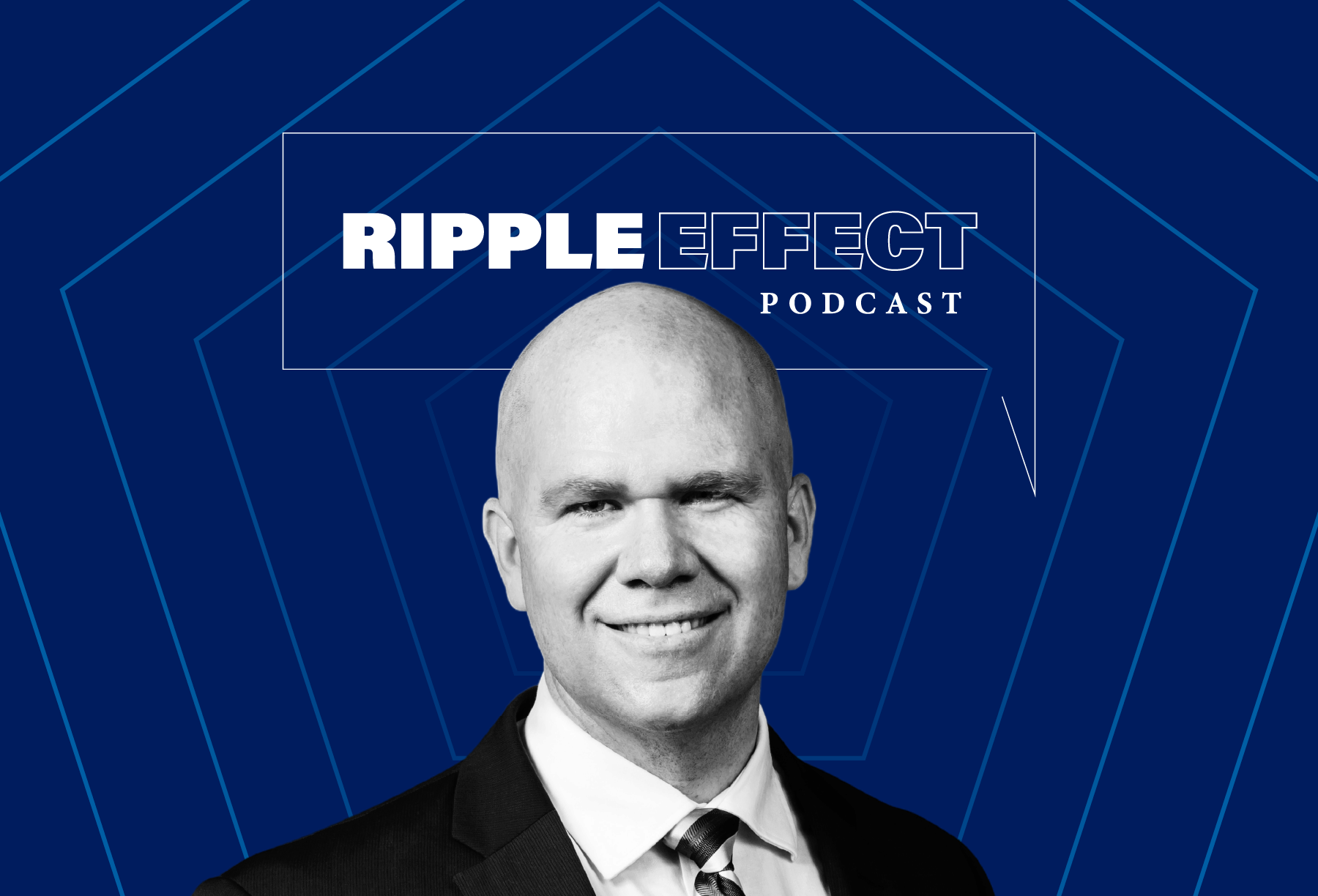A number of complications can derail financial goals, from unexpected expenses to economic downturns. While some factors are beyond control, many financial milestones are missed due to avoidable mistakes, often because savers are unaware of their missteps. According to a recent Eurobarometer survey, only 18% of EU citizens demonstrate high financial literacy, with the majority possessing medium or low levels of knowledge. This highlights the importance of understanding common financial pitfalls.
Holding Excessive Cash
Keeping a small emergency fund is prudent, but large cash holdings tend to lose value over time due to inflation. Andy Newland, spokesperson for Blacktower Financial Management, emphasizes the importance of investing in shares and bonds to preserve purchasing power. Long-term financial goals typically require a mix of cash savings and investment strategies.
Delaying Retirement Planning
Procrastination in retirement planning can be costly. Time is a valuable asset in investment growth. Andy Newland advises that early contributions, even if small, have a greater impact than larger, late investments. Compound interest allows savings to grow over time, earning interest on both the principal and accumulated interest. Additionally, saving into a pension pot offers tax benefits and employer contributions.
Ignoring Tax Implications
Tax rules can be complex and vary by country. However, proactive tax planning can optimize financial outcomes by taking advantage of available tax reliefs. This is particularly important for those living or working across borders. While there is free tax advice online, consulting a professional adviser is recommended for reliable information.
Neglecting Credit Health
A credit score reflects financial reliability and affects borrowing, housing, employment, and insurance opportunities. Regular checks and responsible financial behavior, such as timely bill payments and reducing unnecessary credit, can improve credit scores. Andy Newland stresses the significance of maintaining good credit health to enhance financial opportunities.
Lack of Investment Strategy
Investments should be carefully planned rather than driven by trends or social media tips. Andy Newland warns against impulsive investment decisions, advocating for structured and consistent strategies aligned with long-term goals. For new investors, banks offer tailored advice and investment services. Investing in funds that track major indexes provides broad market exposure and reduces risk.
Failing to Budget and Track Spending
Sebastian Franke, consumer economist with ING, highlights the importance of budgeting and tracking expenses. Many people overestimate their financial management skills, often relying on memory or gut feelings. Monitoring expenses helps avoid impulsive spending and accumulating debt through revolving credit cards or buy-now-pay-later schemes.
Falling into Mental Accounting
Mental accounting leads to irrational financial decisions by treating money differently based on its source or intended use. Franke illustrates this with the example of using savings for a vacation instead of taking a high-interest loan for a car. A holistic view of finances can prevent such costly errors.
Making Emotional Investment Decisions
Jake Barber, investment adviser at SJB Global, advises against emotional decisions in investing. Panic selling during market downturns locks in losses, while buying during low prices can be beneficial in the long term. Patience and strategic planning are key to successful investing.
Attempting to Time the Market
Timing the market is challenging, even for professionals, and is risky for inexperienced investors. Barber suggests focusing on broad market investments like global indexes rather than individual stocks. This strategy reduces the need for precise timing and offers stability.
Note: This article is inspired by content from https://www.euronews.com/business/2025/05/25/learn-from-the-experts-are-you-avoiding-these-major-financial-errors. It has been rephrased for originality. Images are credited to the original source.







